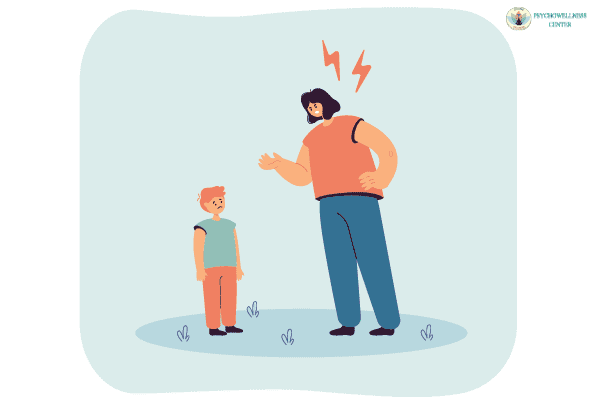Unraveling the Connection Between Climate Change and Anxiety

In an era marked by unprecedented environmental challenges, the impact of climate change extends far beyond the physical realm. Beyond the melting ice caps and rising temperatures, a less conspicuous but equally pressing concern emerges—climate change and its intricate relationship with mental health, specifically anxiety. This article delves into the nuances of anxiety, its manifestations, the link between climate change and heightened anxiety levels, coping strategies, and when professional intervention becomes crucial.
Understanding Anxiety:
Anxiety, a complex and multifaceted emotion, is a natural response to stress. It serves as a signal, alerting individuals to potential threats and enabling them to navigate challenging situations. However, when anxiety becomes chronic or disproportionate to the situation at hand, it can significantly impact mental well-being.
Types of Anxiety:
Generalized Anxiety Disorder (GAD): Characterized by excessive worrying about various aspects of life, individuals with GAD may find it challenging to control their anxiety.
Social Anxiety Disorder: This form of anxiety revolves around intense fear of judgment or scrutiny in social situations, hindering one's ability to engage in everyday activities.
Climate Anxiety: A relatively new concept, climate anxiety, or eco-anxiety, is fueled by concerns about environmental issues, including climate change. Individuals experiencing climate anxiety may grapple with feelings of helplessness, existential dread, and fear for the future.
The Intersection of Climate Change and Anxiety:
Climate change, with its far-reaching consequences, has emerged as a significant contributor to the rise in anxiety levels globally. The palpable impact of extreme weather events, the loss of biodiversity, and the looming threat of environmental degradation create an atmosphere of uncertainty that permeates daily life.
Loss of Control: Climate change often induces a sense of powerlessness and loss of control over one's environment. The unpredictability of weather patterns and the perceived inability to mitigate the impending environmental crises contribute to heightened anxiety.
Future Uncertainty: The long-term consequences of climate change raise existential questions about the future. Fears of ecological collapse, resource scarcity, and the potential displacement of communities add a layer of uncertainty that can trigger or exacerbate anxiety.
Media Influence: Constant exposure to media coverage of environmental crises can contribute to a heightened state of anxiety. Graphic imagery and alarming statistics can magnify the perceived severity of the issue, intensifying emotional responses.
Coping Strategies for Climate-Related Anxiety:
Education and Awareness: Understanding the science behind climate change can empower individuals to take informed action. Knowledge acts as a counterbalance to anxiety, providing a foundation for constructive engagement.
Community Involvement: Joining local environmental initiatives or community groups can foster a sense of connection and purpose. Working collectively towards sustainable solutions offers a proactive outlet for anxiety.
Mindfulness and Self-Care: Incorporating mindfulness practices, such as meditation and deep breathing exercises, can help individuals manage anxiety symptoms. Additionally, prioritizing self-care routines, including sufficient sleep and regular exercise, contributes to overall mental well-being.
When to Seek Professional Help:
While coping strategies can be beneficial, there are instances where professional intervention becomes imperative. Individuals experiencing the following symptoms should consider reaching out to a mental health professional:
Persistent and Overwhelming Anxiety: If anxiety interferes with daily functioning and persists over an extended period, professional support may be necessary.
Physical Symptoms: Physical manifestations of anxiety, such as insomnia, fatigue, and muscle tension, warrant attention from a mental health professional.
Impact on Relationships: If anxiety begins to strain relationships with family, friends, or colleagues, seeking therapy can help address underlying issues.
Conclusion:
As we confront the complex and interconnected challenges of climate change, acknowledging the impact on mental health is crucial. By understanding the relationship between climate change and anxiety, we can implement effective coping strategies and, when necessary, seek professional support. In navigating this uncharted territory, fostering resilience and a collective commitment to sustainable solutions will not only benefit the planet but also contribute to the well-being of individuals grappling with the storm within.




SHARE